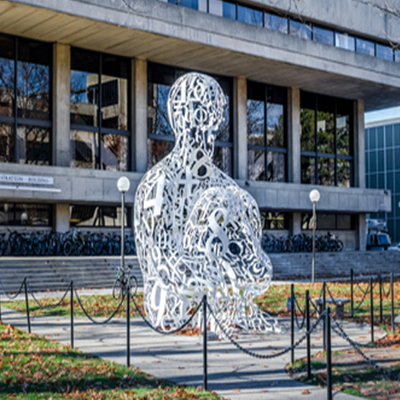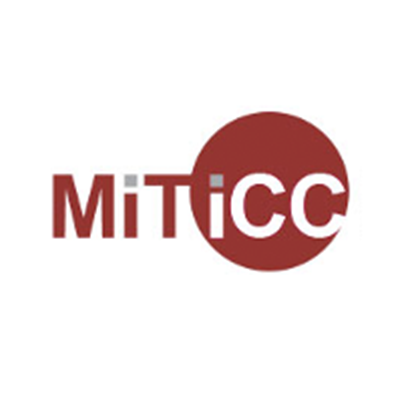As a follow up to the 2022 release of the MIT China Strategy Group final report, Vice President for Research Maria Zuber and Vice Provost for International Activities Richard Lester have shared “Ten Key Points for MIT Faculty & PIs When Engaging Internationally” to help faculty and PIs navigate international collaborations while minimizing risk.





